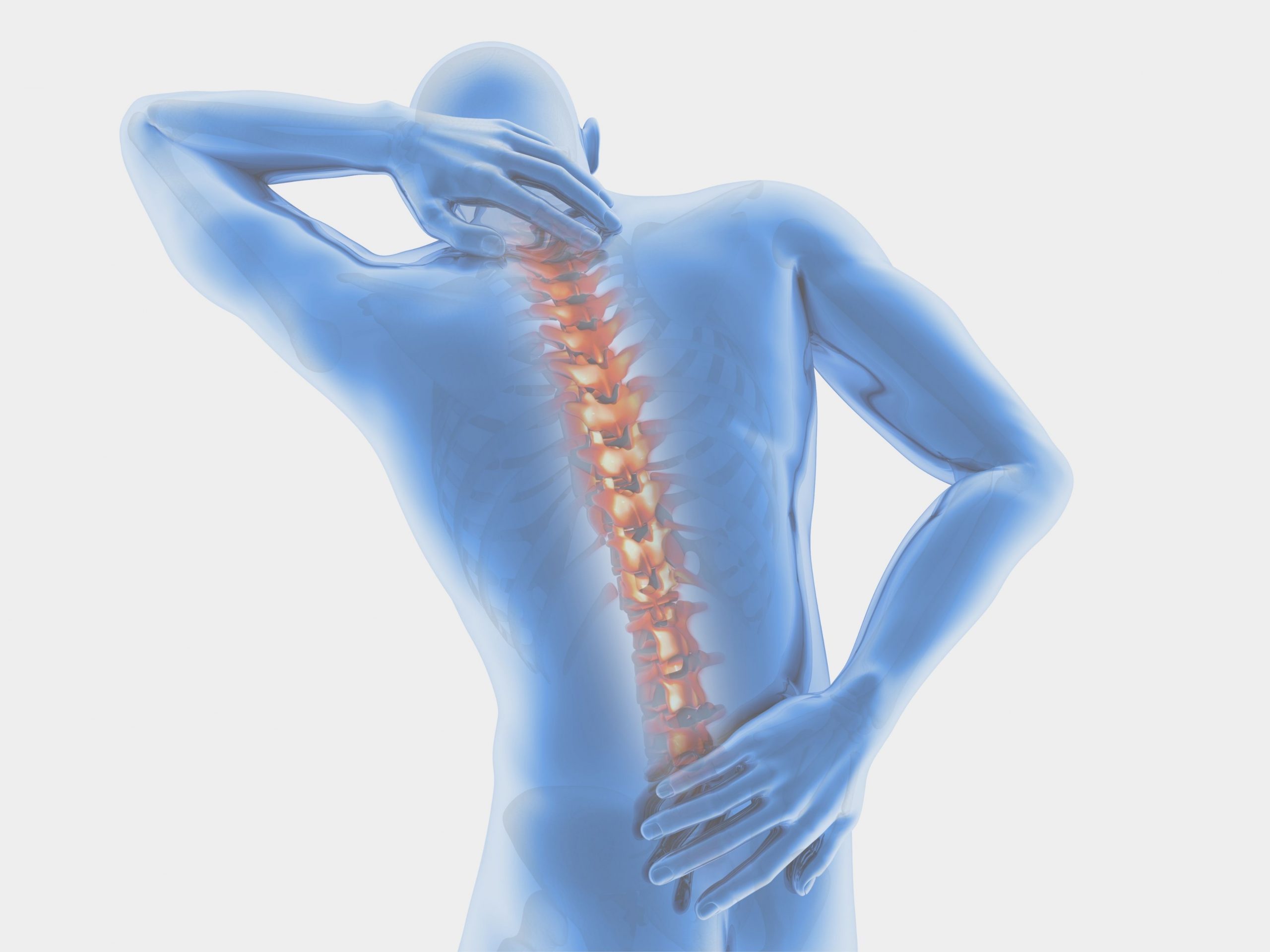The Symptoms of Arthritis
Could it be arthritis? Millions of people suffer from back and knee pain – some of it chronic and throbbing, and some of it so debilitating that it makes you want to curl up on the floor calling for your mum.
Of course, there are dozens of ways that you can suffer from back and knee pain but there are also ways to treat them like physiotherapy and knee replacement. Today, on World Spine Day, we look specifically at the symptoms of arthritis and how this can affect your back in particular.
In many ways, back pain is like a gun-shot wound. Depending on the intensity, it can stop you from performing even the most routine tasks from walking, tying your shoes, or even using the bathroom.

Arthritis of the spine
What is arthritis of the spine?
Arthritis of the spine is a degenerative disorder. It occurs when the joints and discs in the lower back and neck start to break down.
Unfortunately, this can often create pressure on the nerves that branch out of the column of the spine. This, in turn, can result in painful sensations in the legs and arms, and can also make them feel weaker.
It is also likely to cause stiffness in the lower back and the spine. Typically, you will experience about 80% of the pain specifically in the back. However, you are also likely to feel some residual sensations in the buttocks and around the hips. If it gets particularly severe, it is quite likely that the pain could spread further into the thighs and even down the legs.
If you suspect you may have a problem like this, there are a couple of common giveaways that may reinforce your suspicions. Typically, the pain will tend to be at its worst early in the morning (particularly upon waking). You may find that it eases slightly as you go about your daily routine. Sadly though, the pain can start to intensify again as you move into the evening.
Another common indicator of arthritis issues is a worsening of the condition with weather changes. Particularly when the weather gets colder or damper (or both). This is thought to be related to barometric pressure changes and air cooling. So it is definitely something to watch out for as British Summer Time comes to an end.
Spinal Arthritis
If you suspect you may have spinal arthritis you must get it checked out. Typical diagnosis tools include x-rays, CT scans and MRI scans.
Once diagnosed, a therapists can help you with either non-surgical or post-surgical rehabilitation. Usually, you will be recommended a short period of rest to help reduce inflammation. Further treatment may involve hands-on treatments such as massage and specialized forms of soft-tissue mobilization. This will help you to move with less pain.
You will often be prescribed strengthening and aerobic exercises. Strengthening exercises to improve strength and control of the back and abdominal muscles. Aerobic exercises to improve heart and lung health and increase endurance in the spinal muscles.
Obviously, a good physiotherapist will personalize a programme to suit your individual needs.
We hope this information is useful for you. If you have any questions about our treatments, please contact us. You can find us in Islington and in Mill Hill Broadway. If you like this blog, please share!



